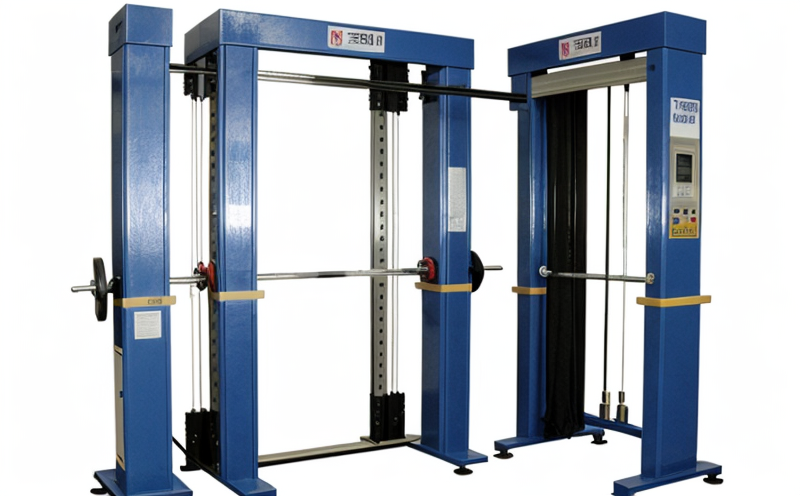EN ISO 13934 Tensile properties of fabrics
The EN ISO 13934 standard provides a robust framework for determining the tensile properties of fabrics, which is critical in ensuring the structural integrity and performance of textile products. This test method measures how much force or load can be applied to a fabric specimen before it begins to stretch elastically (yield point) and eventually breaks under tension.
The tensile strength and tear resistance are fundamental parameters that influence the durability, comfort, and aesthetics of various textile applications ranging from clothing and upholstery to industrial fabrics. Compliance with this standard ensures that products meet specified performance requirements, enhancing consumer safety and satisfaction.
During testing, a specimen cut according to the standard’s specific dimensions is clamped in a tensile tester. The machine then applies incremental loads until failure occurs. The amount of force required to cause the fabric to stretch beyond its elastic limit or rupture provides valuable insights into the material's performance under tension.
The test results are reported as stress-strain curves, which offer detailed information about how the fabric behaves under different loading conditions. This data is essential for quality assurance and control processes in textile manufacturing, helping companies identify potential issues early on and optimize their production methods.
Moreover, EN ISO 13934 is widely used across various industries including automotive, aerospace, and construction where high-performance textiles are required. Compliance with this standard can significantly enhance a company's reputation by demonstrating adherence to international quality standards.
Understanding the nuances of fabric performance through tensile testing helps manufacturers make informed decisions regarding material selection, design optimization, and process improvements. By adhering to these stringent testing protocols, businesses not only ensure product reliability but also contribute positively towards sustainable practices in the textile industry.
Frequently Asked Questions
Why Choose This Test
The EN ISO 13934 standard ensures consistent and reliable measurement of tensile properties across different laboratories, fostering trust among stakeholders.
It supports the development of high-performance textiles suitable for demanding environments such as automotive interiors or aerospace components.
This test method helps manufacturers identify optimal material combinations early in the design phase, reducing costs and time-to-market.
International Acceptance and Recognition
The EN ISO 13934 standard is widely recognized globally, ensuring that textile products meet stringent quality criteria. Many countries and industries have adopted this standard as a benchmark for fabric performance testing.
Incorporating EN ISO 13934 into your testing regime can enhance your company's reputation by demonstrating compliance with internationally accepted standards. This recognition is crucial in competitive markets where customers expect consistent product quality.
Competitive Advantage and Market Impact
By ensuring high tensile strength, companies can differentiate their products from competitors offering less durable alternatives.
Compliance with this standard can open up new market opportunities by meeting industry-specific requirements in sectors like automotive and aerospace.
Incorporating EN ISO 13934 into your quality control processes can lead to improved product performance, reduced waste, and increased customer satisfaction. These factors contribute to long-term competitive advantage and sustained market presence.





